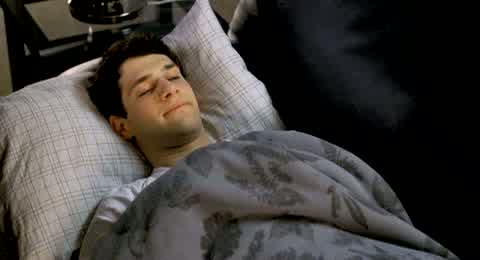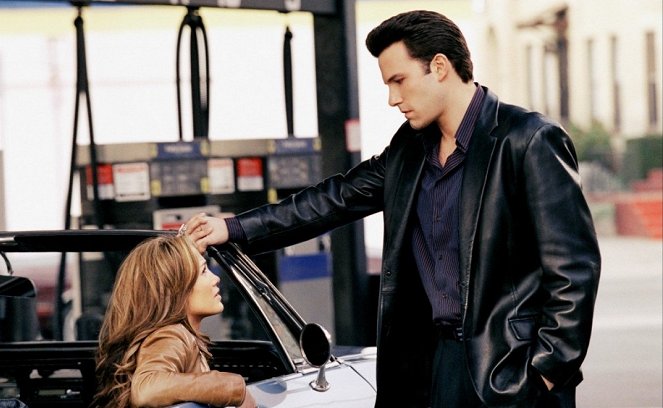On this Wikipedia the language links are at the top of the page across from the article title. He is widely regarded as one of the greatest tenors of his generation. Gigli was born in Recanati, in the Marche, the son of a shoemaker gigli pasta loved opera.
His parents did not, however, view music as a secure career. Benjamino’s brother Lorenzo became a well-known painter. In 1914, he won first prize in an international singing competition in Parma. His operatic debut came on 15 October 1914, when he played Enzo in Amilcare Ponchielli’s La Gioconda in Rovigo, following which he was in great demand. Gigli rose to true international prominence after the death of the great Italian tenor Enrico Caruso in 1921. Such was his popularity with audiences he was often called “Caruso Secondo”, though he much preferred to be known as “Gigli Primo”. In fact, the comparison was not valid as Caruso had a bigger, darker, more heroic voice than Gigli’s sizable yet honey-toned lyric instrument.
Gigli left the Met in 1932, ostensibly after refusing to take a pay cut. Gigli was the only singer not to accept the pay cut. After leaving the Met, Gigli returned again to Italy, and sang in houses there, elsewhere in Europe, and in South America. In addition to his stage performances, Gigli appeared as an actor in over twenty films from 1935 to 1953.

In the last few years of his life, Gigli gave concert performances more often than he appeared on stage. Before his retirement in 1955, Gigli undertook an exhausting world tour of farewell concerts. He died in Rome in 1957. Like many artists, Gigli was a man of contradictions. On one hand, he gave more fund-raising concerts and raised more money than any other singer in history, with close to one thousand benefit concerts. He was deeply devoted to Padre Pio, his confessor, to whom he donated a large amount of money.
On the other hand, Gigli’s relationships with women were often tainted by scandal. Costanza was pregnant before reaching the altar. Gigli had two children with Costanza: Enzo and Rina. The latter was a well-known soprano in her own right.

Later, Gigli is well known to have had a second family with Lucia Vigarani, producing three children. Gigli is rumoured to have had at least three other children with as many different women. Gigli’s exact number of offspring is unknown. Hildebrandt of Detroit, born in February 1934 in New York and still living. He is the son of Gloria Doyle, who was an opera singer at The Metropolitan Opera.
Bill Hildebrandt and Lori Jean Hildebrandt, both of Detroit, Michigan and still living in the immediate area. Early in his career, Gigli was known for a beautiful, soft and honey-like lyric voice, with incredible mezza-voice, allowing him to sing light, lyrical roles. As he grew older, his voice developed some dramatic qualities, enabling him to sing heavier roles like Ràdames in Aida and Cavaradossi in Tosca. Many of Gigli’s recordings, including complete operas with Maria Caniglia, Rina Gigli, Licia Albanese and Toti dal Monte, have been reissued on CD.
Gigli recordings date back to the 1920s. Como un Rayo de Sol: El aureo legado de Beniamino Gigli. Beniamino Gigli: Il tenore di Recanati. Beniamino Gigli: A Life in Music”. Beniamino Gigli recordings at the Discography of American Historical Recordings. Gigli es una película estadounidense de 2003, dirigida por Martin Brest.
Su éxito fue escaso, los salarios de algunos actores superaron la recaudación final de la película. Gigli recibió reseñas sumamente negativas de parte de la crítica y de la audiencia. 187 reseñas, con una calificación de 3. 45 333 votos, con una calificación de 1. La página Metacritic le ha dado a la película una puntuación de 18 de 100, basada en 37 reseñas, indicando “abrumadoramente odiada”. F, mientras que en el sitio IMDb los usuarios le han dado una puntuación de 2.